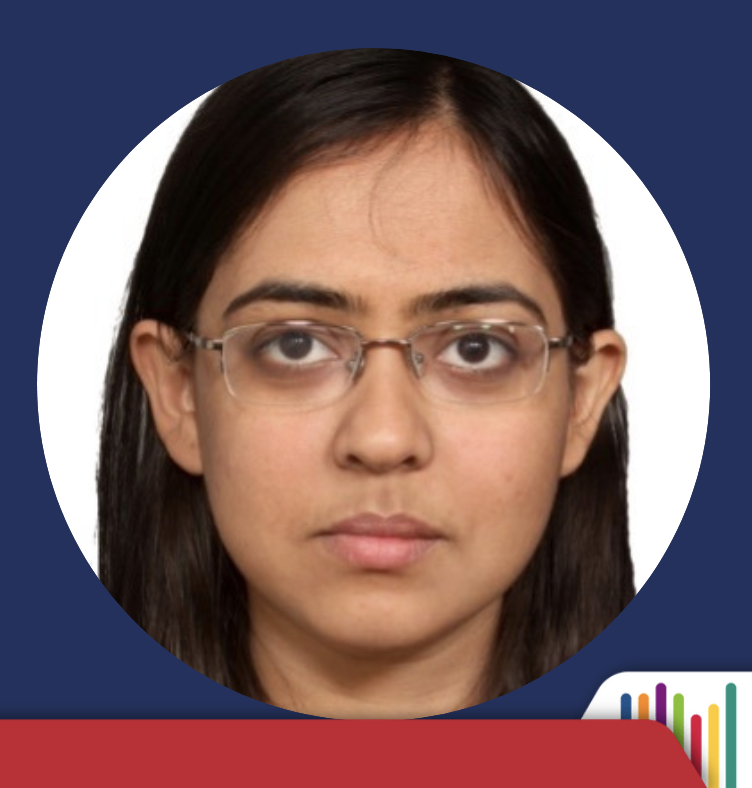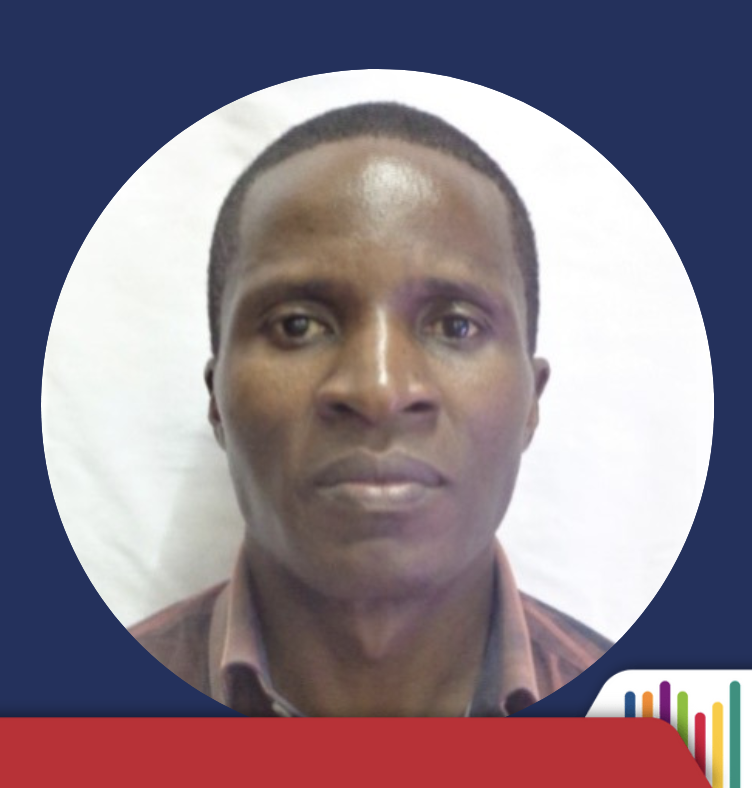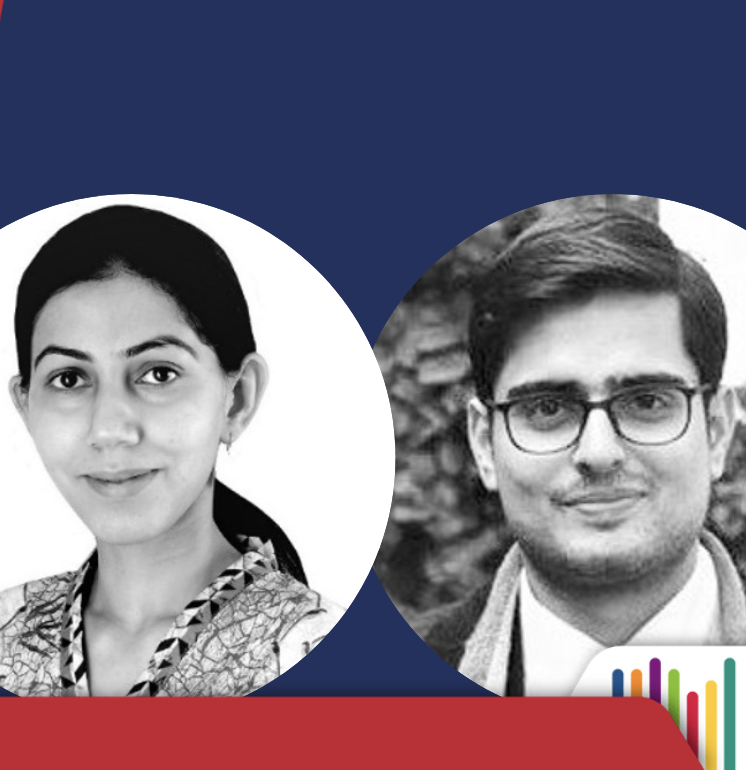Call for proposals for the 2022 GEM Report Fellowship programme closed on 14 January 2022
The Global Education Monitoring (GEM) Report Fellowship Programme, funded by the Open Society Foundation, supports researchers who aim to bring a novel perspective to comparative and international education development to aid the achievement of Sustainable Development Goal (SDG) 4, the global education goal.
The Fellowship offers an opportunity to be part of a select group of scholars and researchers, collaborating with the GEM Report team on one or both aspect of its core objectives:
(1) to monitor and report on progress in the SDG4 on education and education-related aspects in other SDGs;
(2) to report on the implementation of national and international strategies to help hold all relevant partners to account for their commitments as part of the SDG follow-up and review.
Our fellows
2021
 |
Leena BHATTACHARYA (India) - a PhD student at Indira Gandhi Institute of Development Research in Mumbai, examining the equity implications of the Right to Education Act (RTE) 2009 in India. Her research analyzes whether the RTE act was able to increase primary completion for children from low-income families. Fellowship paper: Changes in educational indicators of children in India: Evaluating the Right to Education Act of 2009 |
 |
Fernanda GÁNDARA (Chile) - a Senior Measurement, Evaluation and Learning Specialist at School-to-School International, looks at language considerations for the global monitoring agenda. Her research focuses on insights from a large-scale bilingual assessment of literacy in the Democratic Republic of the Congo. Fellowship paper: Language considerations for the global monitoring agenda: Insights from a large-scale bilingual assessment of literacy from the DRC |
 |
Emmanuel MANYASA (Kenya) - Executive Director of Usawa Agenda – a not-for-profit organization that promotes equitable access to quality education in Kenya through research and advocacy. He holds a PhD in development economics. Emmanuel’s research assesses the impact of ICT integration policy on equity in access to quality education in African contexts, focusing specifically on Kenya. Fellowship paper: Assessing the impact of ICT integration policy on equity in access to quality education in African contexts: The case of Kenya |
 |
Saba SAEED (Pakistan) and Muhammad AFZAN MUNIR (Pakistan) - They are analyzing the effects of COVID-19 and technology on early childhood education students and educators in Ethiopia and Pakistan. Saba’s research focuses on education, women empowerment and human rights, while Muhammad’s on inclusive education, ICTs local governance and economic development. Fellowship paper: Coping with COVID-19 in the Global South using technology: Evidence from Pakistan and Ethiopia on ECE students and the workforce |
 |
Danqing YIN (China) - a PhD student in the Education Leadership and Policy Studies program at the School of Education and Human Sciences, University of Kansas, will looks at a critical issue in light of school closures due to COVID-19: the importance, evolution, relevance and policy issues related to home education. Her research looks specifically at global trends and insights emerging from the United States. Fellowship paper: The importance and relevance of home education: Global trends and insights from the United States |
2020
- Elizabeth BUCKNER (United States)) - "The non-state tertiary sector and inequalities in tertiary access and completion"
- Nicolas BUCHBINDER (Argentina) - "Education and ICT in Latin America: Have we been successful in expanding ICT availability and use through education policy?"
- Wei ZHANG (China) - “Non-State Actors in Education: The Nature, Dynamics and Policy Implications of Private Supplementary Tutoring”
2019
- Madhuri AGARWAL (India) - “Retain, promote or support - How to reduce inequality in educational opportunity: evidence from India”
- Gabriel BADESCU (Romania) - “Fostering inclusive education by enhancing cooperative skills”
- Donny BAUM (United States) - “Non-State Actors in Early Childhood Education: Implications for Education Equity and Quality”
- Enrique VALENCIA-LOPEZ (Mexico) - “Improving and Aligning Measurement of Ethnicity in International Surveys”
Global Education Monitoring Report
The Global Education Monitoring (GEM) Report, formerly known as the Education for All Global Monitoring Report (GMR), is an editorially independent, authoritative, and evidence-based annual report that monitors progress in education in the Sustainable Development Goals (SDGs), which have been adopted as part of the 2030 Agenda for Sustainable Development, with special focus on SDG 4 on education. Its mandate was established in the Incheon Declaration of the World Education Forum in May 2015. The Education 2030 Framework for Action defined this mandate for the GEM Report as the mechanism “for monitoring and reporting on SDG 4 and on education in the other SDGs” and for reporting “on the implementation of national and international strategies to help hold all relevant partners to account for their commitments”.
The Report is funded by a group of governments, multilateral agencies and foundations. It is hosted and published by UNESCO and is widely recognised as an indispensable advocacy and technical tool serving the international community. It draws on the latest data and on evidence from a wide array of sources leading to recommendations on how to accelerate progress towards achieving the international education targets. Each report has two parts: one focusing on monitoring the international education targets and one focusing on a theme, which is selected jointly with its Advisory Board. The themes of the last four reports were education and the other development goals (2016), accountability (2017/8), migration and displacement (2019) and inclusion (2020). The 2021/2 report is on the role of non-state actors in education and the 2023 report will be on technology. In addition to the main report, the team also produces the summary, youth, gender and regional editions, four to six policy papers per year, and three websites: World Inequality Database on Education (WIDE), Scoping Progress in Education (SCOPE) and Profiles Enabling Education Reviews (PEER). It also commissions about 40 background papers per report cycle.
Open Society foundations
The Open Society Foundations work to build vibrant and tolerant democracies whose governments are accountable and open to the participation of all people. The Open Society Foundations are committed to empowering young people by supporting efforts to increase access to quality education. From early childhood to higher education, the Open Society Foundations work to ensure young people from different backgrounds have equal access to education and to promote critical thinking, respect for diverse opinions, and free and open intellectual inquiry.
For more information email gemreport.fellowship@unesco.org.

